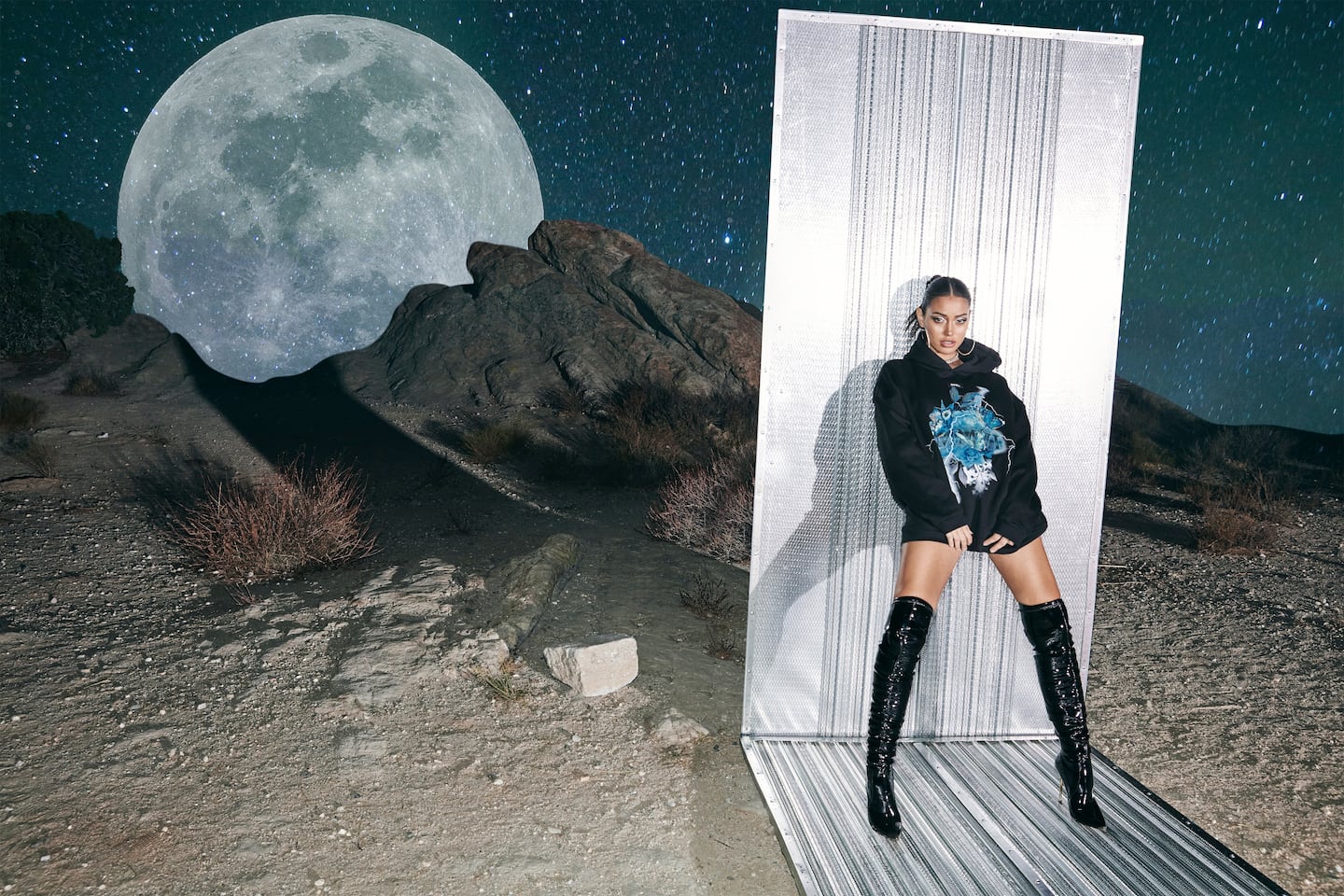
The Business of Fashion
Agenda-setting intelligence, analysis and advice for the global fashion community.

Agenda-setting intelligence, analysis and advice for the global fashion community.

The ultra-fast fashion giant faces fresh calls from the UK Parliament’s Environmental Audit Committee to tie executive bonuses to ESG performance, provide transparency on how its buying strategy guarantees wage compliance and name the 64 factories Boohoo cut ties with when it releases its full supplier list later this month.
In a March 4 letter to Boohoo executive chairman Mahmud Kamani, the EAC’s chairman, Philip Dunne MP, welcomed some of the changes the company has made in recent months, while pushing for greater oversight and progress on the commitments laid out in Boohoo’s turnaround plan. This follows on from Kamani’s appearance before the Committee in December, which “did little to dispel the impression that the company has been focused on rapid growth regardless of the social or environmental costs,” the letter said.
Boohoo confirmed it had received the correspondence and said it will “take time to digest the contents and respond to Mr Dunne… in due course.”
This letter comes among mounting regulatory scrutiny on both sides of the Atlantic in the wake of a public scandal last summer surrounding labour abuses in its Leicester-based supply chain. Earlier this week, news emerged that Boohoo is under investigation by US Customs and Border Protection for alleged ties to forced labour (which the company said it has not been informed of). If these allegations are confirmed, Boohoo imports may being detained at American ports.
The fashion industry continues to advance voluntary and unlikely solutions to its plastic problem. Only higher prices will flip the script, writes Kenneth P. Pucker.
The outerwear company is set to start selling wetsuits made in part by harvesting materials from old ones.
Companies like Hermès, Kering and LVMH say they have spent millions to ensure they are sourcing crocodile and snakeskin leathers responsibly. But critics say incidents like the recent smuggling conviction of designer Nancy Gonzalez show loopholes persist despite tightening controls.
Europe’s Parliament has signed off rules that will make brands more accountable for what happens in their supply chains, ban products made with forced labour and set new environmental standards for the design and disposal of products.